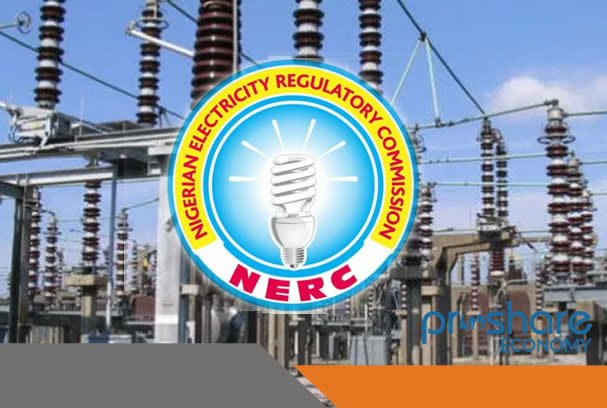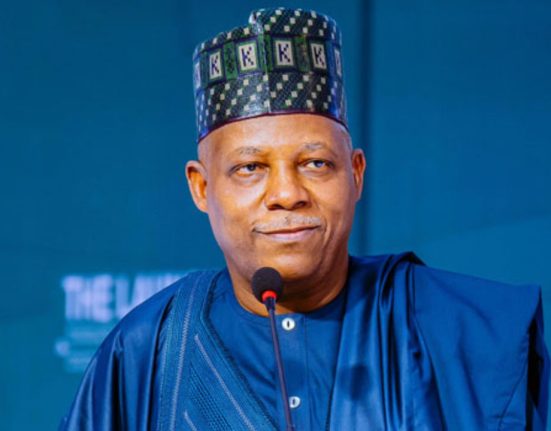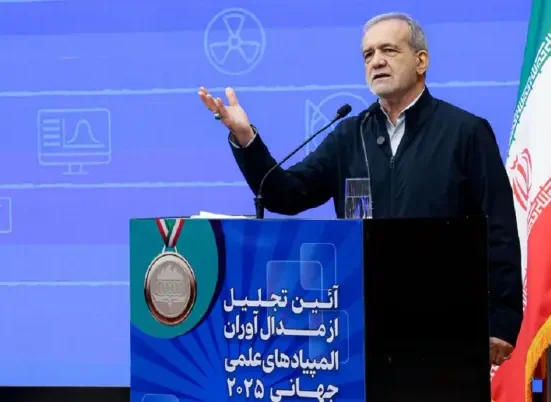Abuja, Nigeria, July 25, 2025 – The Nigerian Electricity Regulatory Commission (NERC) has issued a stern warning to state governments considering independent reductions in electricity tariffs, stating that such states must be ready to fully shoulder the financial burden of any resulting subsidy.
This position was made clear following reports that some state governments were engaging electricity distribution companies (DisCos) in discussions aimed at securing lower electricity rates for residents within their jurisdictions. NERC emphasized that while states have the right to negotiate within the framework of the Electricity Act 2023, they cannot impose reduced tariffs on DisCos without providing funding to offset the revenue shortfall.
According to the Commission, any attempt to reduce tariffs outside the approved Multi-Year Tariff Order (MYTO) would distort the cost-reflective pricing structure currently in place and could undermine the financial stability of power sector operators.
“The Electricity Act gives state governments certain powers within their electricity markets, especially after the decentralisation of the national grid. However, any state that mandates a lower tariff for its citizens must fund the difference as a subsidy to the DisCos operating within its territory,” NERC clarified.
The regulatory body also warned that tariff determination remains a technical process, driven by various cost components such as gas prices, inflation rates, exchange rates, and capital investment in infrastructure. Therefore, any reduction without proper backing could compromise service quality and long-term sector viability.
This development comes amid growing complaints from electricity consumers over recent tariff hikes, especially for customers in Band A, who are guaranteed a minimum of 20 hours of power supply daily. The approved rate for Band A customers currently hovers around N225/kWh, a significant jump from previous rates.
Stakeholders have urged the federal government and the state authorities to work collaboratively on power sector reforms, ensuring that any consumer-focused reliefs are implemented transparently and sustainably.
As power remains a critical component of Nigeria’s economic revival agenda, NERC reiterated its commitment to a balanced, cost-reflective, and transparent electricity pricing structure that supports investor confidence while protecting consumer interests.







